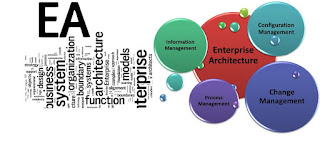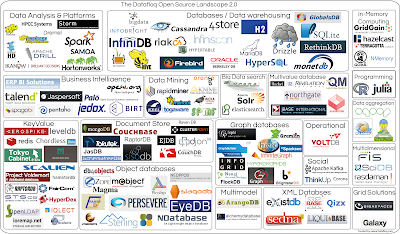Working during July and August...
Taking advantage of the summer months to make progress with certain clients ( ironically , July and August are often the times when we advance most quickly , while focusing on some challenging or particularly complex deliverables ), I continually find myself surprised by the lack of information and the difficulty in obtaining concrete , established , indisputable data. In other words , there is a need to base decisions on clear and precise data, akin to a scientific approach . In daily management— beyond just financial aspects—IT departments must rely on clear , precise , and concise reporting to facilitate progress in digital transformation or technical debt management. Modernizing an information system and simplifying an architecture requires reliable reports that detail which version of a specific technical component is being used , what benefits simplification brings to a particular process, and how risks can...













